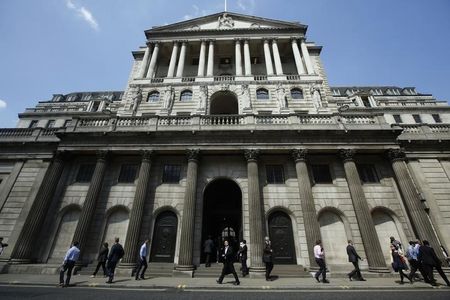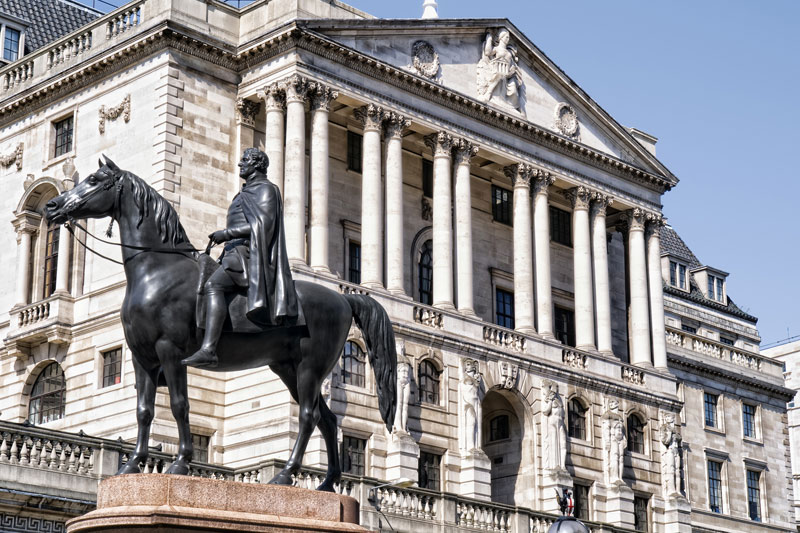By David Milliken and Steve Slater
LONDON (Reuters) - The Bank of England planned to shore up Britain's financial system quickly if Scotland voted for independence last month, with extra banknotes ready in case of big withdrawals from Scottish banks.
Scots voted on Sept. 18 to keep their centuries-old union with the rest of the United Kingdom. Opinion polls running up to the referendum had suggested a tight outcome, and on Friday the BoE disclosed what might have happened if Scots had voted 'yes'.
It said it was ready if Scottish bank depositors and creditors feared their money was unsafe because an independent Scotland might have eventually adopt a new currency.
The BoE said in the event of a 'Yes' vote it would have announced two extra operations to pump money into the financial system and was ready to supply more cash to Scottish banks.
"If depositors, policyholders and other creditors believed that an independent Scotland would adopt a new currency, they might have preferred not to take the risk that their assets might be redenominated into that new currency," the BoE said.
Unlike England and Wales, where banknotes are all issued by the BoE, Scotland has several different types of banknote in circulation, which are issued by local banks such as RBS, Bank of Scotland and Clydesdale.
Those notes are guaranteed by deposits at the BoE, which said that if Scotland had voted for independence, it would have stressed that it would continue to ensure financial stability in Scotland during the transition.
But even if Scottish banks pressed ahead with previously announced plans to relocate to England, there could still have been financial instability linked to concerns that some assets - such as mortgages on Scottish homes - might be re-denominated.
"The (BoE) had been discussing with firms how they would manage their potential currency exposures," the BoE said, adding that "a key element of ... contingency planning work concerned the potential provision of liquidity support to individual institutions".
CAPITAL UNDER SCRUTINY
The BoE's comments on Scotland came in the record of a quarterly meeting of its Financial Policy Committee (FPC), which also gave more detail on decisions announced last week on bank capital buffers and a review of leverage ratios.
Last week - after concerns from banks and lawmakers - the BoE said it would give an opinion by the end of the month on the maximum amount of leverage that was appropriate for banks.
Banks are on tenterhooks over the leverage ratio they will have to meet, with widespread expectations it will be higher than the 3 percent interim level proposed under a global bank capital accord known as Basel III.
The BoE originally intended to give a view next year, but said on Friday the FPC would hold an extra meeting on Oct. 15 to discuss this. A record of the meeting would come out on Oct. 31.
Policymakers were also worried that financial markets had underpriced the risk of extreme events, and said this could make them raise a separate counter-cyclical capital buffer for banks.
"Some of the FPC's core indicators suggested a further easing of the terms and conditions of credit in some markets, consistent with the possibility that tail risks were not being priced appropriately," the BoE said.

The FPC said that it would also take into account the result of upcoming bank stress tests and other economic developments when it next sets the buffer at its December meeting.
(Reporting by David Milliken; Editing by Larry King)
